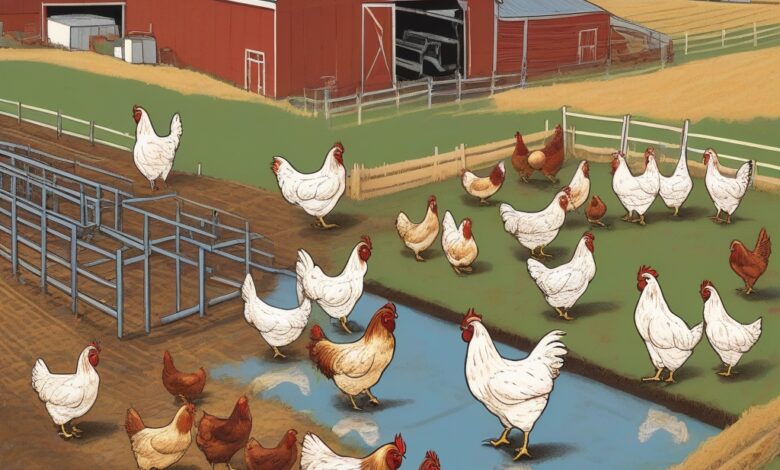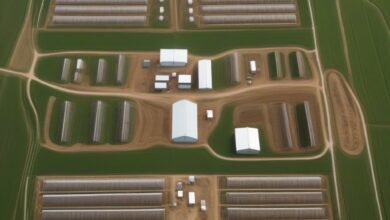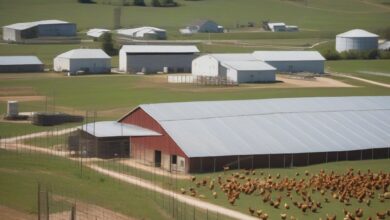Georgia Agriculture Department Halts Poultry Industry Operations

Georgia Agriculture Department Halts Poultry Industry Operations
The poultry industry in Georgia, a significant contributor to the state’s economy, has recently faced a severe setback following the suspension of operations mandated by the Georgia Department of Agriculture (GDA). This bold decision impacts countless stakeholders, including farms, processing plants, and consumers. In this blog post, we will explore the reasons behind this suspension, its implications for the local economy, and what it means for the future of the Georgia poultry industry.
The Reasons for the Suspension
While the GDA has not specified all the reasons for halting poultry operations, several contributing factors have emerged:
- Health and Safety Concerns: Reports of avian influenza outbreaks in nearby regions have heightened the urgency for preemptive measures to protect flocks.
- Compliance Issues: There have been increased inspections and regulations regarding biosecurity measures across the industry.
- Environmental Impacts: Concerns about waste management and its effects on local ecosystems have prompted scrutiny and regulatory action.
Each of these issues alone could warrant serious consideration, but together they create a perfect storm for the state’s poultry industry.
The Economic Impact
The poultry industry plays a vital role in Georgia’s economy, employing thousands and contributing billions of dollars annually. The suspension of operations has raised immediate concerns about:
Job Losses and Economic Disruption
As farms and processing plants are compelled to pause activities, the ramifications will likely ripple throughout the local workforce. Potential effects include:
- Temporary Layoffs: Many workers may find themselves without income as operations come to an abrupt stop.
- Reduced Income for Farmers: Chicken farmers will face decreased revenue due to halted processing of their livestock.
- Supply Chain Challenges: A disruption in poultry operations can lead to scarcity in the supply chain, affecting retailers and consumers.
Furthermore, the economic implications will extend beyond direct job losses. The agricultural sector interrelates with numerous industries, from transportation to retail, amplifying the overall economic disruption.
Consumer Prices Rise
As the poultry supply diminishes, local consumers can expect to pay higher prices for chicken and egg products. In an already inflationary environment, this development may weigh heavily on household budgets. The GDA has urged consumers to prepare for potential shortages, emphasizing the importance of strategic planning in purchasing poultry products during this period.
The Future of Georgia’s Poultry Industry
The path forward for Georgia’s poultry industry remains uncertain. However, there are a few options that stakeholders can consider to navigate these turbulent waters:
Implementing Stricter Biosecurity Measures
One of the key steps to rebuilding trust and ensuring the safety of poultry operations is establishing rigorous biosecurity protocols. By investing in:
- Enhanced Monitoring: Keeping a closer eye on poultry health and responding swiftly to any signs of illness can help.
- Training for Farmers: Providing educational resources on best practices can improve overall flock safety.
- Community Engagement: Working collaboratively with local agriculture boards can foster a stronger support network.
Possibility for Legislative Support
It’s possible that the Georgia state legislature could step in to help mitigate the economic fallout. Recommendations may include:
- Emergency Funding: Grants or loans for poultry farmers affected by the suspension could help them weather the storm.
- Policy Reform: Developing new regulations that promote better animal health without stifling operational capabilities.
- Support for Affected Workers: Creating



